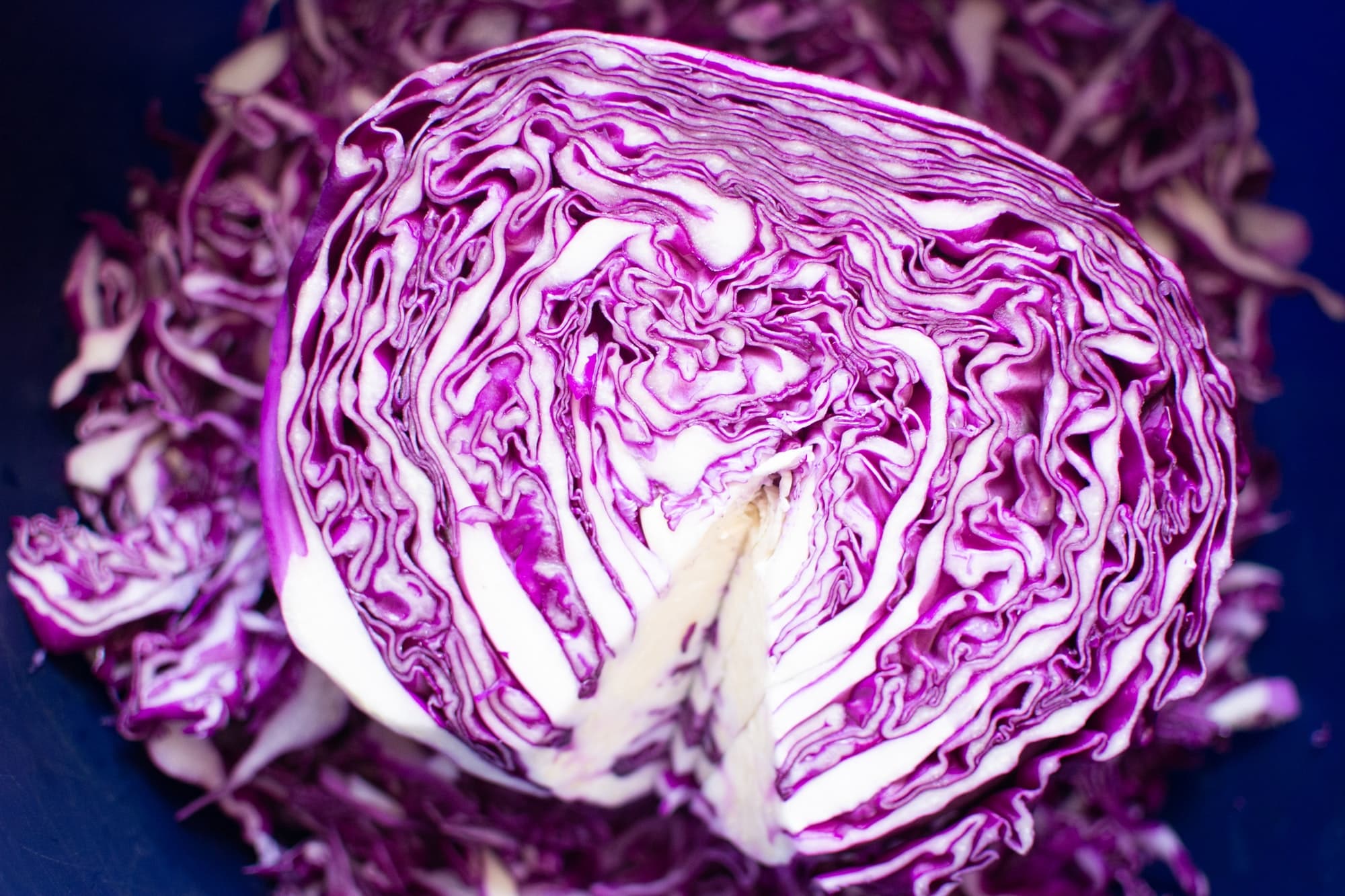These days, "probiotics" is a buzzword in the health and wellness industry. Everywhere, you see adverts and labels for foods enriched with probiotics, promising various health benefits. But what exactly are probiotics, and how do they support a healthy immune system? Let’s delve deeper into the subject.
Understanding Probiotics
Probiotics are live bacteria and yeasts that are beneficial for your health, particularly your digestive or gut health. Contrary to popular belief, not all bacteria are harmful. Your body is full of bacteria, both good and bad. Probiotics are often called "good" or "friendly" bacteria because they help keep your gut healthy.
En parallèle : What Are the Best Features for a Home Office in a Tiny House?
Probiotics are found in certain foods like yogurt, kefir, sauerkraut, and other fermented foods. They can also be taken as dietary supplements. The two most common types of probiotics are Lactobacillus and Bifidobacterium. Each type contains different strains that provide various health benefits when consumed in adequate amounts.
Probiotics and the Immune System
The immune system is the body’s defense mechanism against harmful intruders like bacteria, viruses, and other pathogens. Probiotics play an essential role in supporting immune health, and here’s how.
Sujet a lire : How to Choose the Best Type of Aquarium for a Beginner?
Probiotics, especially the Lactobacillus and Bifidobacterium strains, contribute to the immune system’s function in several ways. They help maintain the integrity of the gut barrier, which acts as the first line of defense against pathogens. They also stimulate the production of immune cells like T cells, B cells, and Natural Killer cells, boosting the body’s immune response.
Probiotics are known to modulate the immune system, thereby assisting in immune homeostasis. They downregulate pro-inflammatory cytokine expression, reducing inflammation that could potentially harm your body.
Probiotics in your diet
Incorporating probiotics into your diet is a practical way to support your immune system. Probiotic-rich foods are teeming with beneficial bacteria that can enhance your gut health and, by extension, your immune health.
Fermented dairy products like yogurt and kefir are excellent sources of Lactobacillus and Bifidobacterium. Non-dairy fermented foods like sauerkraut, kimchi, miso, and tempeh are also a great way to add probiotics to your diet. Remember, when choosing a probiotic food, look for products that mention live or active cultures on their labels.
The Gut-Immune Connection
Your gut health has a profound impact on your immune health. Approximately 70% of your immune system resides in your gut, making the gut the largest immune organ in the body.
The gut microbiota, the community of microorganisms living in your intestines, plays a critical role in immune health. It helps train the immune system to distinguish between harmful and non-harmful antigens, ensuring a balanced immune response.
Probiotics influence the gut microbiota by introducing beneficial bacteria, which can outcompete harmful bacteria for nutrients and binding sites on the gut lining. This mechanism helps maintain a healthy balance of gut microbes, which is essential for optimal immune function.
Conclusion
In conclusion, probiotics are a crucial part of a healthy lifestyle. They support the body’s natural defenses by promoting gut health, which is tightly linked to immune health. By adding probiotic-rich foods to your diet, you’re taking a proactive step towards maintaining a healthy immune system.
Just remember, probiotics are not a cure-all. They are one piece of the larger health puzzle. Factors like diet, exercise, sufficient sleep, and stress management all play integral roles in your overall health and well-being. As always, it’s recommended to consult with a healthcare provider before making significant changes to your diet or supplement regimen.
The Science behind Probiotics and Immune Health
Scientific research is continuously unveiling the powerful and intricate relationship between probiotics and our immune health. Research published on databases like Google Scholar and PubMed Google emphasizes the role of these beneficial bacteria in promoting a robust immune system.
A study published in Clinical Infectious Diseases showed that specific probiotic strains, including Lactobacillus casei, could enhance the body’s immune response against respiratory infections. Another study in the Journal of Dairy Science found that Lactobacillus and Bifidobacterium strains could stimulate the immune system by increasing the production of immune cells, such as macrophages and lymphocytes.
To understand how probiotics influence the immune system, it’s critical to explore their role in the gut microbiota. This diverse community of microorganisms, including bacteria, viruses, and fungi, resides in your intestines, notably in the lamina propria layer. The gut microbiota is involved in various physiological functions, including nutrient metabolism, protection against pathogens, and the modulation of immune responses.
Probiotics interact with the gut microbiota and the intestinal epithelial cells that form the gut barrier. They can strengthen this barrier, enhancing its ability to block harmful substances from entering the body. Moreover, probiotics help regulate the host immune response by stimulating the production of anti-inflammatory cytokines and inhibiting pro-inflammatory ones.
This intricate interplay between probiotics, gut microbiota, and the immune system underscores the importance of maintaining a healthy gut for optimal immune function.
Probiotics and Overall Health
In addition to supporting immune health, probiotics contribute to overall health in numerous ways. They can aid in digestion and absorption of nutrients, alleviate symptoms of irritable bowel syndrome, and even improve mental health.
Remember, though, that the effectiveness of probiotics can depend on the specific strain and the amount consumed. Not all probiotic strains are created equal, and different strains might provide different health benefits. It’s also noteworthy that an individual’s response to probiotics can be influenced by their unique gut microbiota composition.
While research on probiotics is promising, it’s essential to maintain a balanced diet and active lifestyle for overall health. Probiotics are not a substitute for a healthy diet or a magic bullet for health issues. Nutritious, varied meals, regular exercise, adequate sleep, and stress management are all critical for promoting gut health and, by extension, a healthy immune system.
Conclusion
In the pursuit of a healthier immune system, the power of probiotics should not be underestimated. These beneficial bacteria offer a natural and effective way to enhance gut health and support a robust immune response. By incorporating probiotic-rich foods into your diet or considering supplemental probiotic strains, you are investing in your health and wellbeing.
Nevertheless, it’s essential to remember that health is holistic. Alongside probiotics, maintaining a balanced diet, staying physically active, getting enough sleep, and managing stress are all crucial for sustaining a healthy immune system. And always consult with a healthcare provider before making significant changes to your diet or supplement routine. After all, the path to optimal health is a journey that requires a comprehensive and personalized approach.






